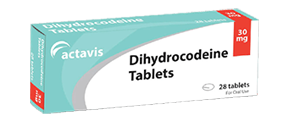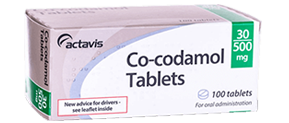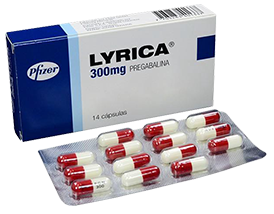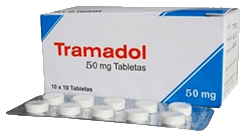 USD -
( $
)
USD -
( $
) GBP -
( £ )
GBP -
( £ ) EUR
- ( € )
EUR
- ( € ) BTC -
( )
BTC -
( )
- 0 Cart
Anxiety engulfs your thoughts and makes you feel uncomfortable. You feel a sense of terror and have panic attacks during the peak phases of anxiety. This guide will help you to understand the actual meaning of anxiety. Additionally, it would give a close overview of causes, symptoms, and triggers leading to the anxiety phases.
Occasional anxiety is common as people are always worried about degrading health and wealth in their daily lives. Moreover, stressful life events and medications also change the natural response of a person and entertain anxiety in life. Hence, even sudden small incidents like the ringing of a phone or a doorbell seem to be initiating fear within a person.
Anxiety is detected when an individual finds himself to be struggling with fear, distress, and feelings. They are always in a fight-or-flight situation within his brain. Small events like speaking with an unknown person or attending a call from an unknown number feel like a burden to him. He feels crippled and sometimes acts like a mannequin without doing any corresponding actions. Anxiety has been framed into six common parts-
Anxiety have been common among people irrespective of their age. Children and adolescents are also having anxiety attacks due to a lack of target fulfillment. Nevertheless, people present from the age group of 16 to 30 years are having anxiety attacks more than any other age group. Additionally, experts also find people above 70 years more prone to anxiety attacks. Then have identified some common risk factors associated with anxiety-
Underlying health issues majorly give birth to anxiety. You might be more prone to anxiety than others if you possess at least one of these medical issues-
You might not have identified the anxiety symptoms even when they regularly visit you. Check the list of the symptoms present below and be cautious if you have faced them lately-
Triggers generally refer to the reactivation of trauma symptoms within a person. This trigger works as a catalyst for anxiety attacks in one's body. Some of the common triggers that yield anxiety are mentioned below-
Here are some of the common steps that would help in checking anxiety and living better. Practicing these remedies would help in positively improving your life-
When you can't cure anxiety by resorting to the remedies present above then you might need medical supervision. Some of the common medical treatments for anxiety disorders are present below-
Anxiety has been common and makes you face stress episodes in your daily life. You also face some symptoms but likely do not give them good importance as they go away on their own. Nevertheless, start developing some habits from today to keep anxiety at bay. You might think that anxiety might go away on its own but it's not the case. Severe anxiety sometimes creates much more grave situations than expected. Suicide and acute depression are common among people having anxiety. Hence, don't refrain from getting yourself treated if you are facing anxiety symptoms for more than one year.

From only £0.81
Dihydrocodeine 30mg is a strong painkiller which is generally prescribed when other painkillers such as Paracetamol, ibuprofen, or Codeine have not help relieve pain.

From only £0.81
Co-Codamol 30/500mg is used to treat severe pain that is not relieved by other painkillers. This dose may be taken, up to 4 times a day at intervals of not less than 6 hours.

From only £0.81
Pregabalin also called anticonvulsant works by slowing down impulses in the brain that cause seizures. This medicine is incredibly useful for people with chronic neuropathic pain.

From only £0.81
Tramadol is an oral medication which is generally prescribed to help relieve ongoing moderate to severe pain. This medicine works in the brain to change how your body feels and respond to the pain.
Your email address will not be published. Required fields are marked *